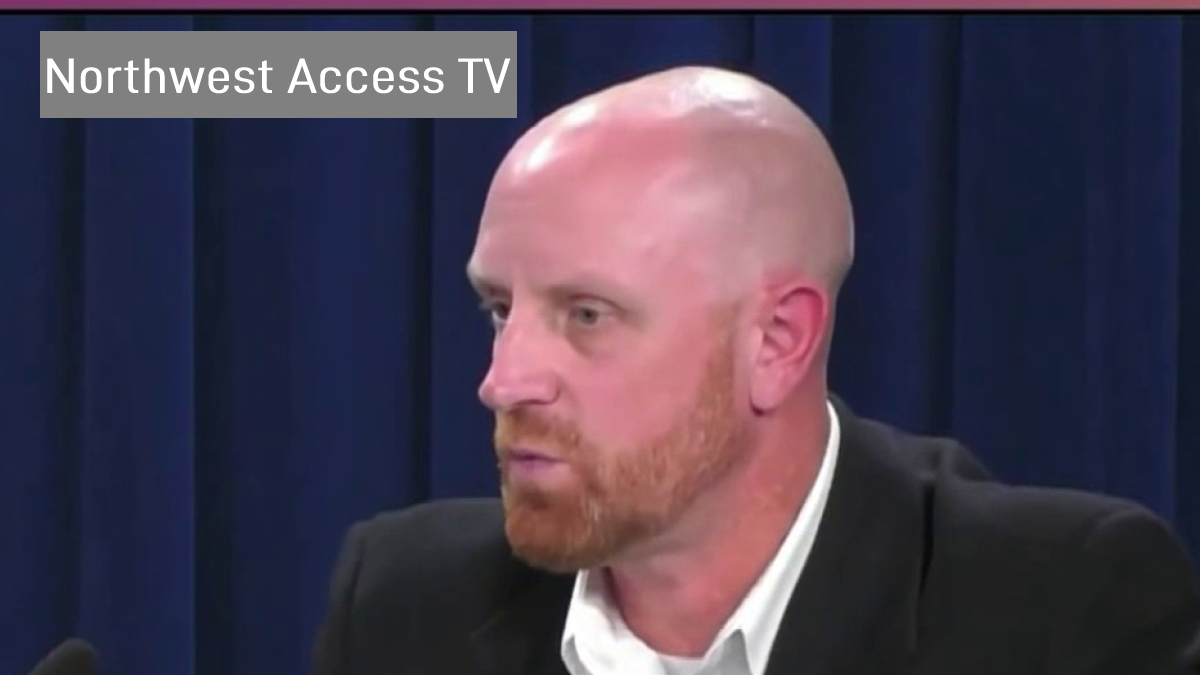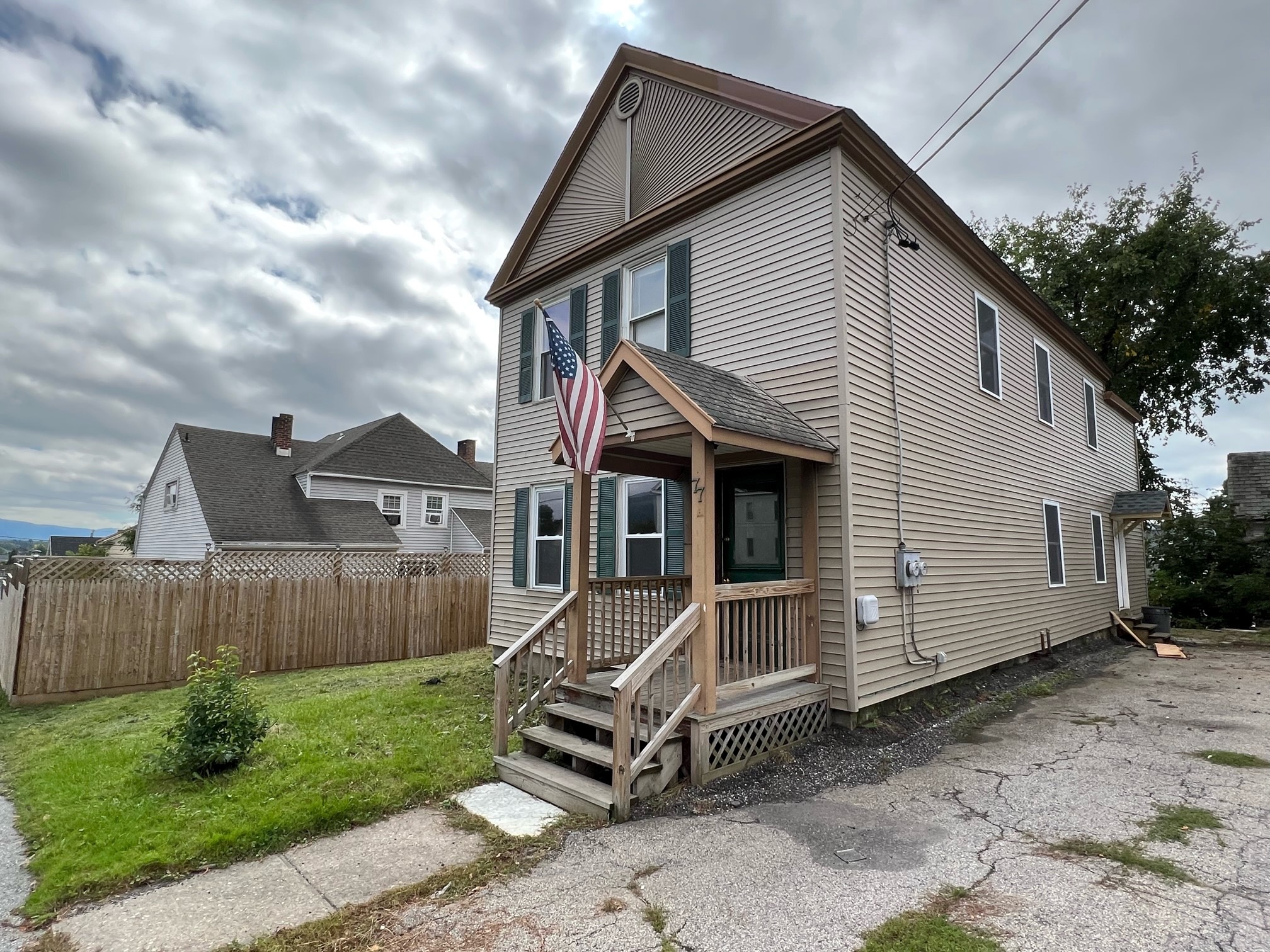One of Vermont’s best-known spirits makers is raising awareness of the challenges facing honeybees — and pledging to contribute money to boost habitat for them and other pollinators.
"Bees are just fuzzy little creatures that are out there to feed us," said Ryan Christiansen, the founder and head distiller of Barr Hill. "They’re kind of like the invisible superheroes of agriculture."
Barr Hill, a well-known maker of gin and vodka, needs honeybees because it uses raw honey as a key and distinctive ingredient in its distillation process.
Scientists have long warned pesticides, parasites, and habitat loss are all threats to honeybees — which are important because they pollinate all sorts of plants, including food crops like fruits and vegetables.
Get New England news, weather forecasts and entertainment stories to your inbox. Sign up for NECN newsletters.
"If we lose the pollinators, we are facing a life on this planet which is altogether different," said Mike Kiernan of Bee The Change, a nonprofit that works to increase diverse habitats full of flowers and other plants where pollinators thrive.
The group describes on its website several opportunities it sees for boosting pollinator habitat, including by transforming what is often simply grass in fields where solar panels have been installed.
"We’re not necessarily as aware as we need to be that there’s a crisis in disappearing species — that the rate at which species are disappearing is increasing," Kiernan lamented in an interview with NECN & NBC10 Boston Friday.
Bee The Change will now benefit from Barr Hill’s Bee’s Knees Week — which the company said is being observed at more than 2,000 bars, restaurants, and retailers across the country.
For every photo folks post of their lemony gin and honey cocktails on social media with the #BeesKneesWeek hashtag during the event, Barr Hill promised to support the planting of 10 square feet of bee habitat. Christiansen said he hopes for enough online buzz to result in more than a half-million square feet of plantings here in Vermont.
The company launched Bee’s Knees Week in 2017, Christiansen noted. He said the conversations around the country the event can spark can result in valuable awareness-raising.
"It’s not a lie or an exaggeration that honeybees are facing lots of problems," noted Brooke Decker, the pollinator health specialist for the Vermont Agency of Agriculture.
Decker praised efforts to increase native pollinator-friendly plants, without additional use of pesticides or herbicides in the ecosystem. She encouraged people to check out this state-provided list of pollinator-friendly plantings.
"How do I help the bees?" Decker asked rhetorically, repeating a question she said she is often asked. "Plant flowers. Flowers are beautiful, we love them, and it helps the bees. Even if you don’t have a lawn, you can probably find a community garden where you can plant some flowers and help."
Bee’s Knees Week runs through October 2.




